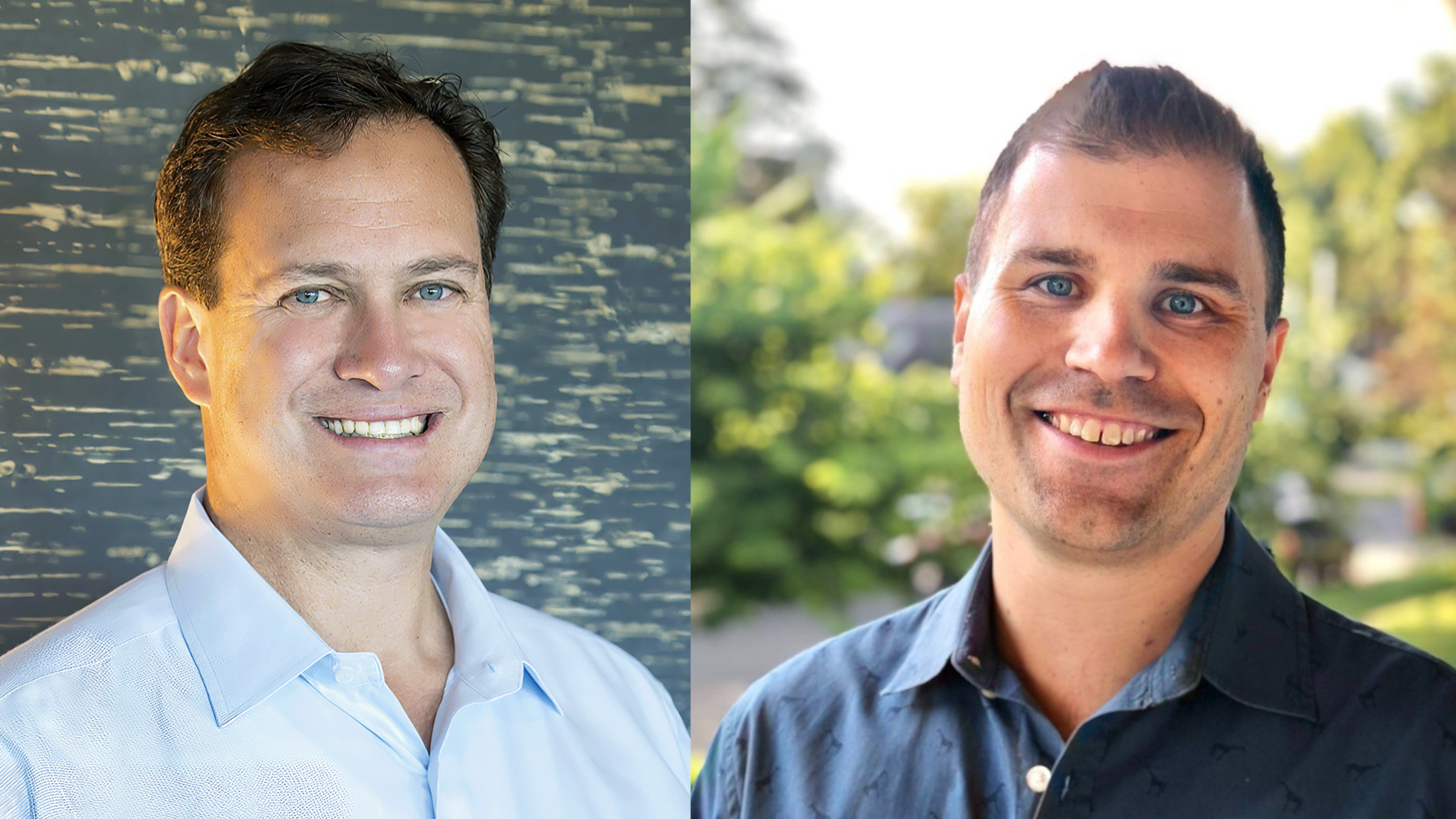Reema Health sat down with Trisha Houghton, Director of Population Health & Quality Improvement at UnitedHealthcare of WI Community Plan to talk about the importance of closed-loop referral systems for assessing whether health plan member's needs are being met.
A closed-loop referral is when a person completes a Social Determinants of Health (SDoH) screening, and a health-related social need is identified, a referral will be made to a Community-Based Organization (CBO) that can respond to that need. A health-related social need can include food insecurity, housing, transportation or utility costs, among many others.
How does a closed-loop referral work for UnitedHealthcare Community Plan of WI?
Trisha:
After the referral is made and the service is provided by the CBO, the closed-loop referral is technically completed.
However, closing the loop for us can also involve outreach to the member after the referral to confirm that the referral responded to their need. This can be done multiple ways: external vendors working on behalf of the health plan or even team members having direct conversations through care management can complete the closed loop. External organizations like CBOs can even follow up to confirm the need was met.
When thinking about specific health-related social needs, closing the loop on something like transportation is very different from getting someone housing: how do you weigh the significance of those differences?
Trisha:
Transportation and housing are very distinct needs, and an example of a difference between them is that they often involve different timelines for resolving them. With housing, for example, resolving that need by finding long-term housing may take an extended period of time. However, if a referral is effective, there should be measurable progress along the way. For example, this could include responding to a housing crisis with an overnight stay in a shelter, while identifying long-term housing support may be an ongoing process.
It’s also important to note that an individual often has multiple needs, and the person doing outreach to complete the closed-loop might only address one need at the time of contact with the member, even as other work is taking place to respond to their other needs.
Why are closed-loop referrals important to health plans?
Trisha:
Social drivers of health pose a significant barrier to seeking appropriate medical care or filling prescriptions, having a system in place to address those barriers is critical to improving health outcomes.
Closed-loop referrals provide clarity and measurable data around whether referrals are effective by verifying whether a member’s need has been met and act as an important check-and-balance within the health care landscape.
How do you accelerate trust when utilizing a CBO to do some of these referrals?
Trisha:
Building trust with members is crucial, and in order for it to take place, we need the right messengers: those that live and work in the community being served. CBOs play a critical role in this process such as helping to communicate the care management services, behavioral health programs, and health plan housing contacts that are already available to them through their health plan.
Keeping communication open and bidirectional with external organizations is essential to building meaningful relationships and providing members with the best possible experience and support.
What does the future of this reporting and outcome activity look like?
Trisha:
One area of growth would be to capture reporting from every referral. If this was possible, it would allow a closed-loop contact to be made for every referral, and provide more complete data. This would help to identify the effectiveness of programs in providing long-term solutions to health-related social needs.
Over time, we anticipate seeing increases in data reported for both referrals and closed-loop contacts. This will provide a better lens into outcomes and best practices that can be effective long-term.



